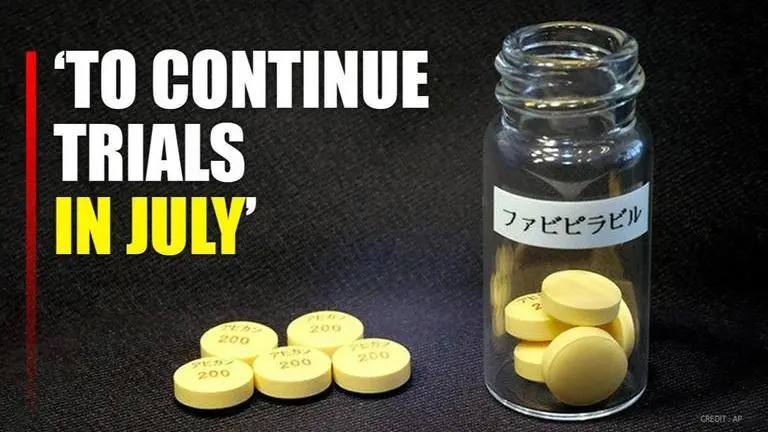Updated 7 June 2020 at 18:42 IST
Fujifilm says COVID-19 drug research might get extended till July
Japanese company Fujifilm’s research on its anti-flu drug as a possible treatment for COVID-19 may stretch to July, a company spokesperson said on July 6.
- World News
- 2 min read

Japanese company Fujifilm’s research on its anti-flu drug as a possible treatment for COVID-19 may stretch to July, a company spokesperson said on July 6. The subsidiary for the Fujifilm holdings started testing the anti-flu drug, Avigan after it yielded results on COVID-19 patients in China. According to the company, Avigan could shorten the total time required by coronavirus patients to recover.
In April, the company began clinically testing the drug with the testings was scheduled to end in June. However, a report in Japanese newspaper alleged that the final approval of the drug would be delayed until July due to lack of patient for testing. Commenting on the report, a Fujifilm spokesman reportedly said that there was a possibility that the clinical trials would continue in July.
Advertisement
Lack of patients?
According to reports, the firm was expected to give the approval for the drug in May but it was then postponed to June. However, a review by Japan's largest financial newspaper stated that the researchers were only able to get 70 per cent of the total patients required for the trial and since it took 28 days, the process would continue till July
The trial involved the drug to be administered for a maximum of 14 days to coronavirus patients between 20 and 74 years old with mild pneumonia. The study excludes pregnant women due to side effects shown in animal testing, he added. However, the delay has come as a major setback to the company racing to develop a vaccine for Coronavirus
Advertisement
On the other hand, Oxford University’s Jenner Institute, working with the Oxford Vaccine Group has developed a potential vaccine AZD1222, formerly known as ChAdOx1 nCoV-19. Oxford University recently announced the start of Phase II/III trial of AZD1222 in about 10,000 adult volunteers. The new vaccine uses a replication-deficient chimpanzee viral vector based on a weakened version of a common cold (adenovirus) virus that causes infections in chimpanzees and contains the genetic material of SARS-CoV-2 spike protein. After vaccination, the surface spike protein is produced, priming the immune system to attack COVID-19 if it later infects the body.
Published By : Riya Baibhawi
Published On: 7 June 2020 at 18:42 IST
